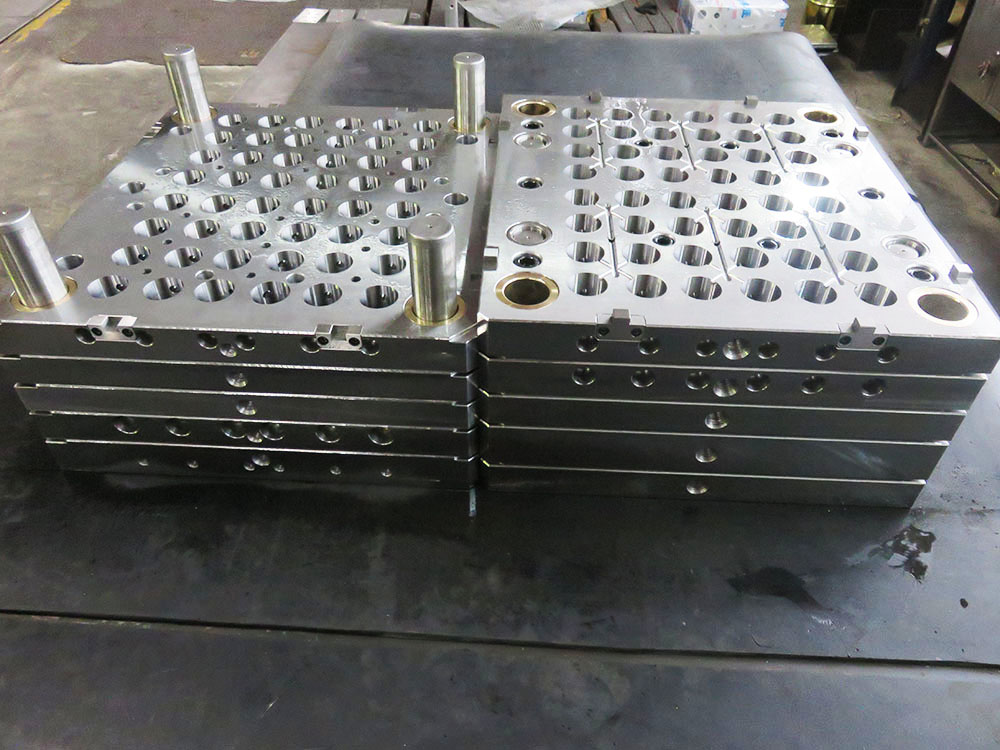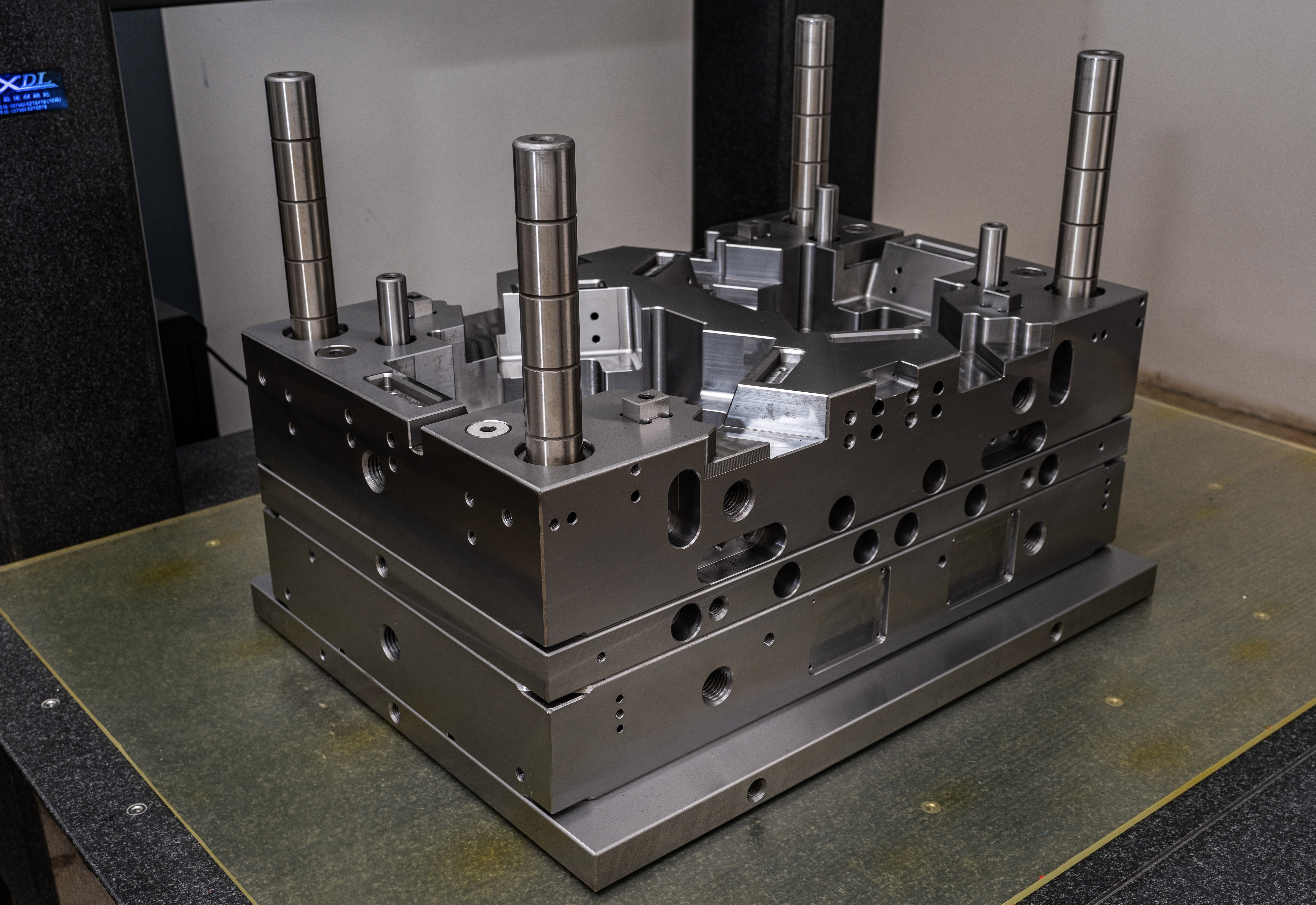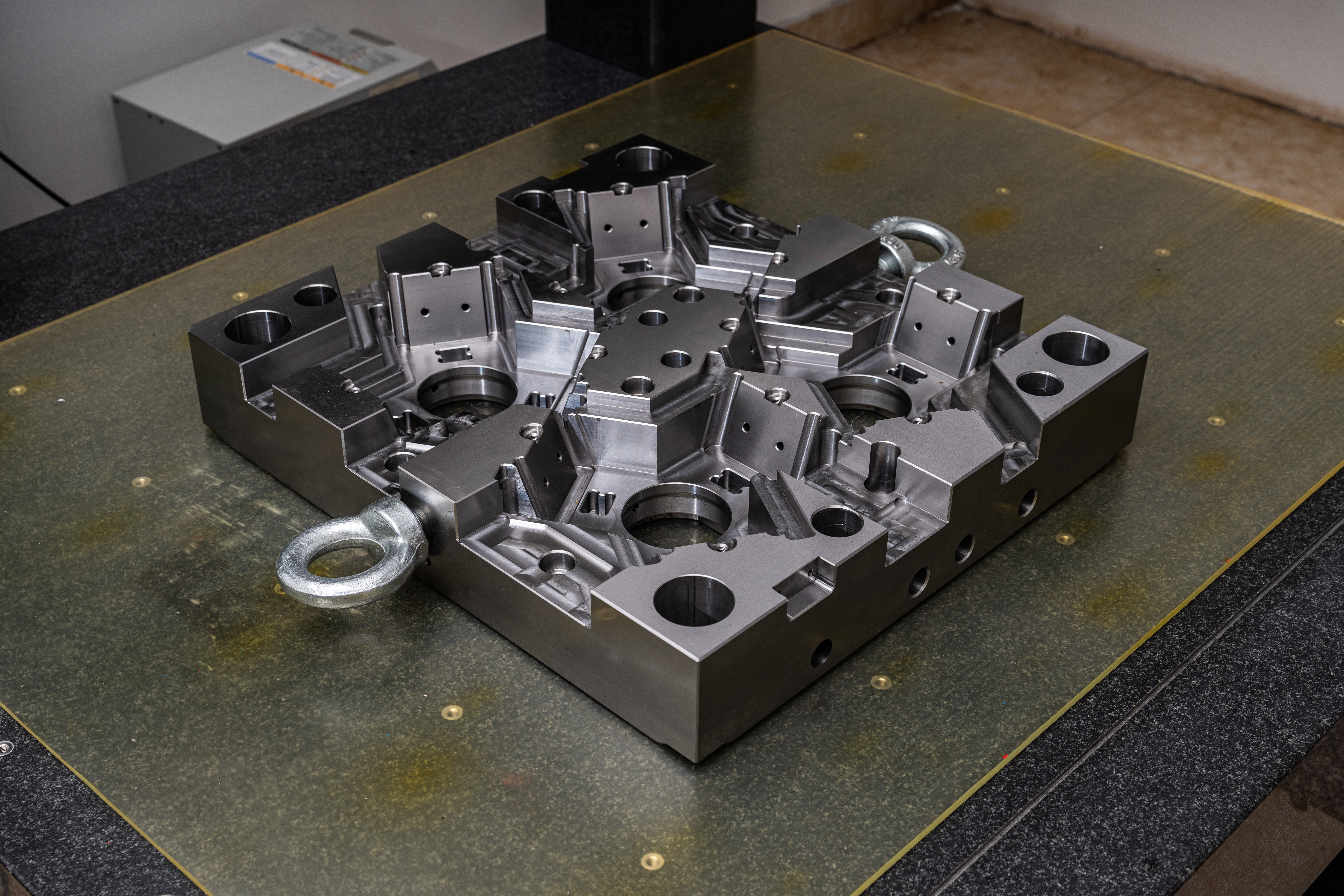Introduction to the Mold Base Industry
The mold base industry plays a crucial role in the manufacturing sector by providing essential components used in the production of plastic and metal products. Mold bases are essential tools for creating molds that are used to produce a wide range of products, ranging from automotive parts to consumer goods. In this article, we will explore the key aspects of the mold base industry, including its importance, manufacturing process, and quality control measures.
Importance of Mold Bases
Mold bases serve as the foundation for a mold and are responsible for providing support, stability, and alignment to the mold components. They play a vital role in ensuring the accuracy and precision of the finished products. Mold bases are typically made from high-quality steel alloys, such as P20 or H13, to provide durability and resistance to wear and tear.
Mold bases are designed to accommodate various components, including cavities, cores, and cooling systems. They also facilitate the ejection of the molded part from the mold. The design of the mold base directly affects the cycle time, ease of maintenance, and overall efficiency of the molding process.
Manufacturing Process
The manufacturing process of mold bases involves several steps to ensure the production of high-quality components. The process typically begins with the selection of suitable steel alloys based on the specific requirements of the mold and the product to be manufactured.
Once the steel is selected, it undergoes heat treatment processes, such as annealing or hardening, to enhance its mechanical properties. After the heat treatment, the steel is machined to the desired shape and dimensions using CNC milling or grinding machines. This process requires high precision and accuracy to ensure the proper fit and alignment of the mold components.
Additional processes, such as drilling, tapping, and surface finishing, are performed to accommodate various features, such as cooling channels and ejector pin holes. The mold bases are then assembled, and the final product undergoes thorough inspection and quality control measures to ensure its conformity to the required specifications.
Quality Control in the Mold Base Industry
Quality control is a critical aspect of the mold base industry to ensure the production of reliable and high-performance components. The quality control measures include both in-process and final inspections.
In-process inspections are conducted during the various stages of manufacturing to verify the dimensions, tolerances, and surface finish of the mold bases. This helps to identify and rectify any issues that may arise during the production process and ensures that the final product meets the required specifications.
Final inspections involve rigorous testing and evaluation of the completed mold bases. This includes dimensional measurements, surface quality checks, hardness testing, and verification of functionality. Each mold base is carefully examined to ensure it meets the customer's requirements and industry standards.
The mold base industry also adheres to strict quality management systems, such as ISO 9001, to ensure consistent quality and customer satisfaction. These systems govern every aspect of the manufacturing process, from raw material selection to final product delivery.
Conclusion
The mold base industry plays a vital role in the manufacturing sector by providing essential components for mold production. The precision and quality of mold bases directly impact the final product's accuracy, efficiency, and durability. By following stringent manufacturing processes and quality control measures, the mold base industry ensures the production of reliable and high-performance components. With continuous advancements in technology and materials, the mold base industry will continue to evolve, meeting the ever-growing demands for precision and efficiency in manufacturing.




